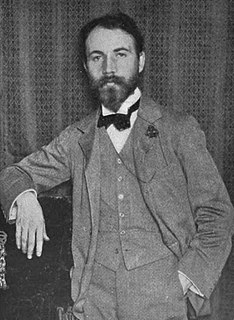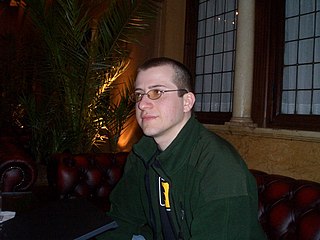A Quote by Walter Benjamin
Thinking involves not only the flow of thoughts, but their arrest as well.
Related Quotes
Thinking isn't something you think about. It comes naturally. Thinking involves many things. It involves being an observer. It involves analyzing things, taking in what's around you in the world and finding how to make it inspire your work or turn it into a lesson to teach your children; it's paying attention to details. That's what thinking is: processing.
People who excel at book learning tend to call up from memory what they have learned in order to follow stored instructions. Others who are better at internalized learning use the thoughts that flow from their subconscious. The experienced skier doesn't recite instructions on how to ski and then execute them; rather, he does it well "without thinking," in the same way he breathes without thinking. Understanding these differences is essential.
Journeys are the midwives of thought. Few places are more conducive to internal conversations than a moving plane, ship or train. There is an almost quaint correlation between what is in front of our eyes and the thoughts we are able to have in our heads: large thoughts at times requiring large views, new thoughts new places. Introspective reflections which are liable to stall are helped along by the flow of the landscape. The mind may be reluctant to think properly when thinking is all it is supposed to do.
First Thoughts are the everyday thoughts. Everyone has those. Second Thoughts are the thoughts you think about the way you think. People who enjoy thinking have those. Third Thoughts are thoughts that watch the world and think all by themselves. They’re rare, and often troublesome. Listening to them is part of witchcraft.

































